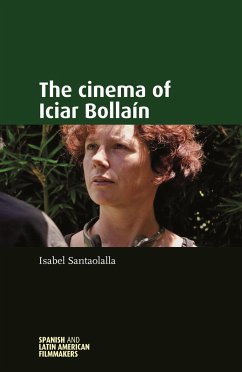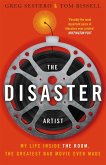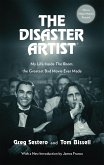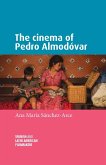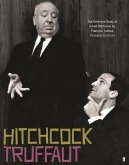Director, actress, scriptwriter and producer, Iciar Bollaín is one of the liveliest of contemporary young Spanish filmmakers and the first female director to have had a film (También la lluvia, 2010) shortlisted by the American Film Academy. Through detailed analysis of film form, socio-cultural contexts and conditions of production and consumption, the book opens up key issues on gender, production, film authorship, the mediation of socio-historical realities and the whole question of 'women's cinema'. Covering all aspects of her work, this book begins by taking in her work in front of the camera, beginning with her emergence as a teenage star in Victor Erice's El Sur (1983), and following on with discussions of her mature roles, such as Un paraguas para tres and Leo . Discussion of her work as a producer and director focuses on production and form, as well as on the socio-historical contexts to which it belongs. Film scholars and students interested in the increasingly prominent place of modern Spanish cinema will find this highly readable book an indispensable guide to an outstanding film-maker, one who addresses some of the more vibrant of contemporary themes: female friendship in Hola, ¿estás sola?, immigration in Flores de otro mundo, domestic violence in Te doy mis ojos, tensions between public and private commitments in Mataharis, and socio-economic exploitation in También la lluvia.
Hinweis: Dieser Artikel kann nur an eine deutsche Lieferadresse ausgeliefert werden.
Hinweis: Dieser Artikel kann nur an eine deutsche Lieferadresse ausgeliefert werden.

